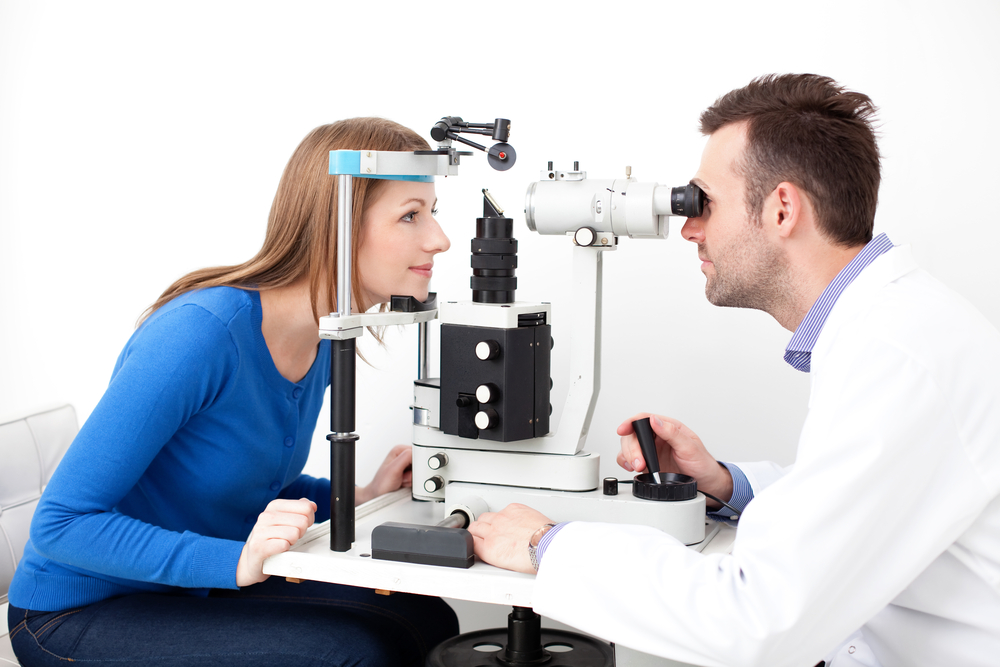
Regular eye exams are essential for maintaining good vision and detecting potential eye health issues early. At Dussan Eye Care, we provide comprehensive eye exams to assess your vision and eye health thoroughly. If you're preparing for your first eye exam or it's been a while since your last visit, here's what you can expect during your appointment.
Medical and Vision History
Before beginning the exam, your optometrist will ask about your medical history, including any existing health conditions, medications, and family history of eye diseases. If you have noticed changes in your vision or are experiencing symptoms like headaches, eye strain, or blurry vision, it's important to mention them.
Visual Acuity Testing
A standard part of any eye exam, this test measures how clearly you can see. You’ll read letters on an eye chart from a specific distance, helping your optometrist determine if you need corrective lenses or an updated prescription.
Refraction Assessment
If you need prescription glasses or contact lenses, a refraction test helps determine the precise prescription. Your optometrist will use a phoropter to show different lens options and ask which ones provide the clearest vision.
Eye Movement and Coordination Tests
Your doctor will assess how well your eyes work together by checking eye tracking, alignment, and focus. These tests can identify issues like eye strain, double vision, or lazy eye (amblyopia).
Pupil Response and Peripheral Vision
A light test will be performed to examine how your pupils respond, which can reveal neurological conditions. Additionally, your peripheral vision will be checked to detect potential blind spots that may indicate conditions like glaucoma.
Intraocular Pressure Measurement
Glaucoma is a condition that can damage the optic nerve due to high intraocular pressure. Your optometrist may perform a non-contact tonometry (air puff test) or an applanation tonometry test to measure the pressure inside your eyes.
Slit-Lamp Examination
A slit lamp, or biomicroscope, provides a detailed view of the front and inside of your eye, including the cornea, iris, lens, and retina. This test helps detect conditions like cataracts, dry eye syndrome, and macular degeneration.
Retinal Examination
To get a clearer view of the retina, optic nerve, and blood vessels, your optometrist may use dilating eye drops. This allows for early detection of eye diseases such as diabetic retinopathy, macular degeneration, and retinal detachment.
Depending on your risk factors and symptoms, your optometrist may recommend additional tests such as optical coherence tomography (OCT) to capture detailed images of your retina or corneal topography for specialized evaluations.
Schedule Your Eye Exam Today
A comprehensive eye exam is more than just a vision check—it’s a critical step in protecting your eye health. Detecting vision changes and eye conditions early can help prevent long-term complications. We are committed to providing thorough and personalized eye care to help you maintain clear vision and overall eye health.
If it’s time for your next eye exam or if you have concerns about your vision, schedule an appointment with Dussan Eye Care. Visit our office in Long Island City, New York, or call (718) 784-3960 today.










